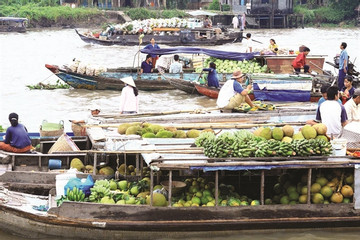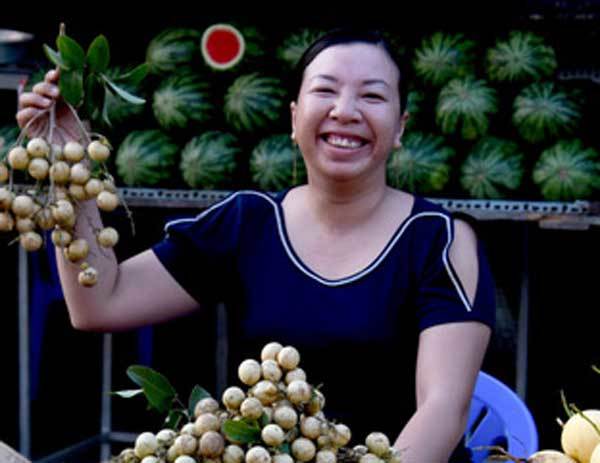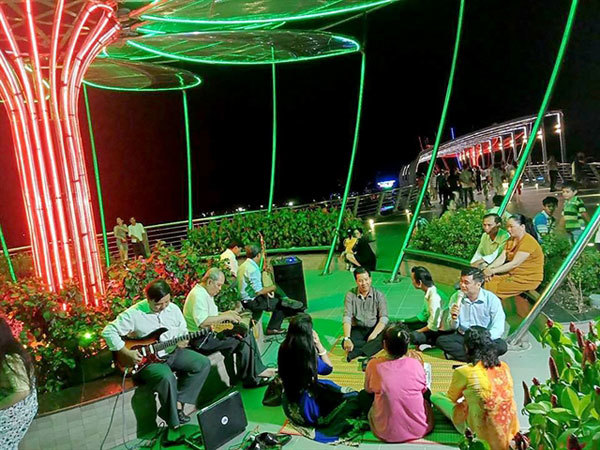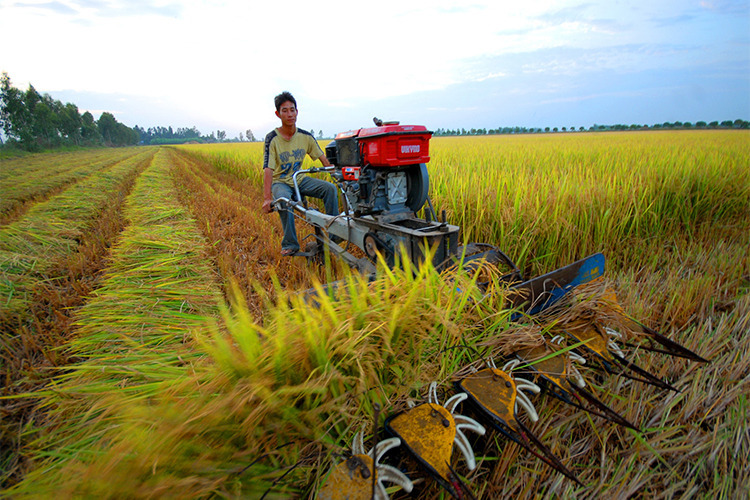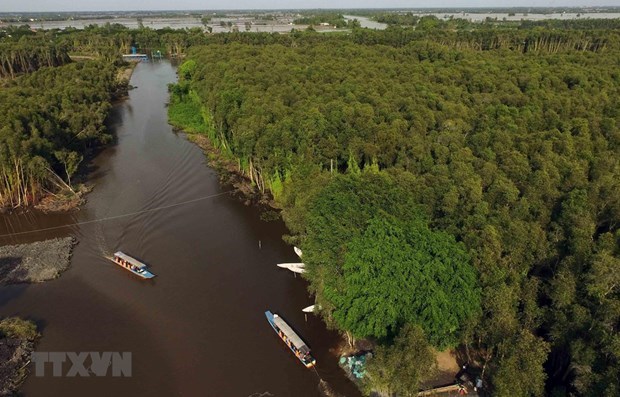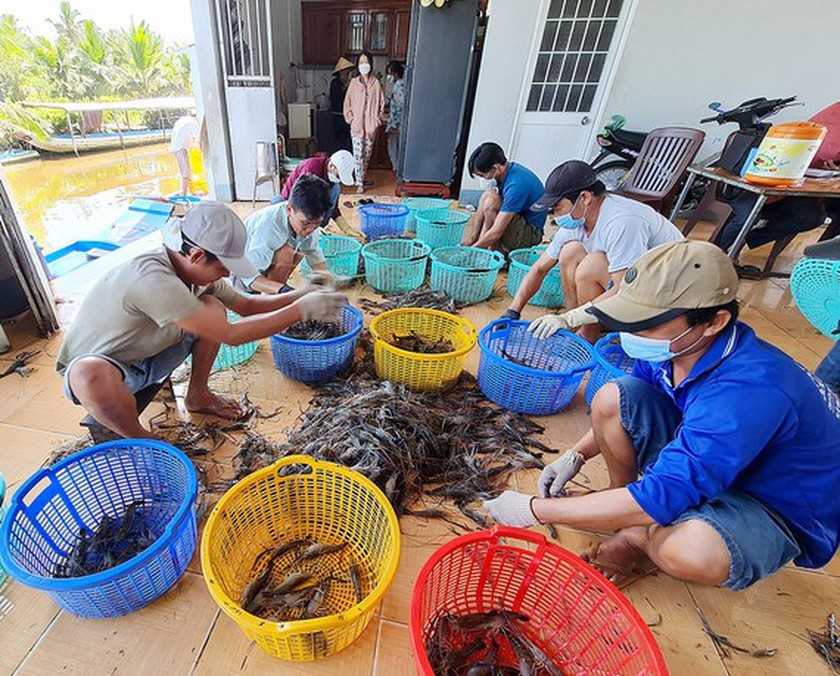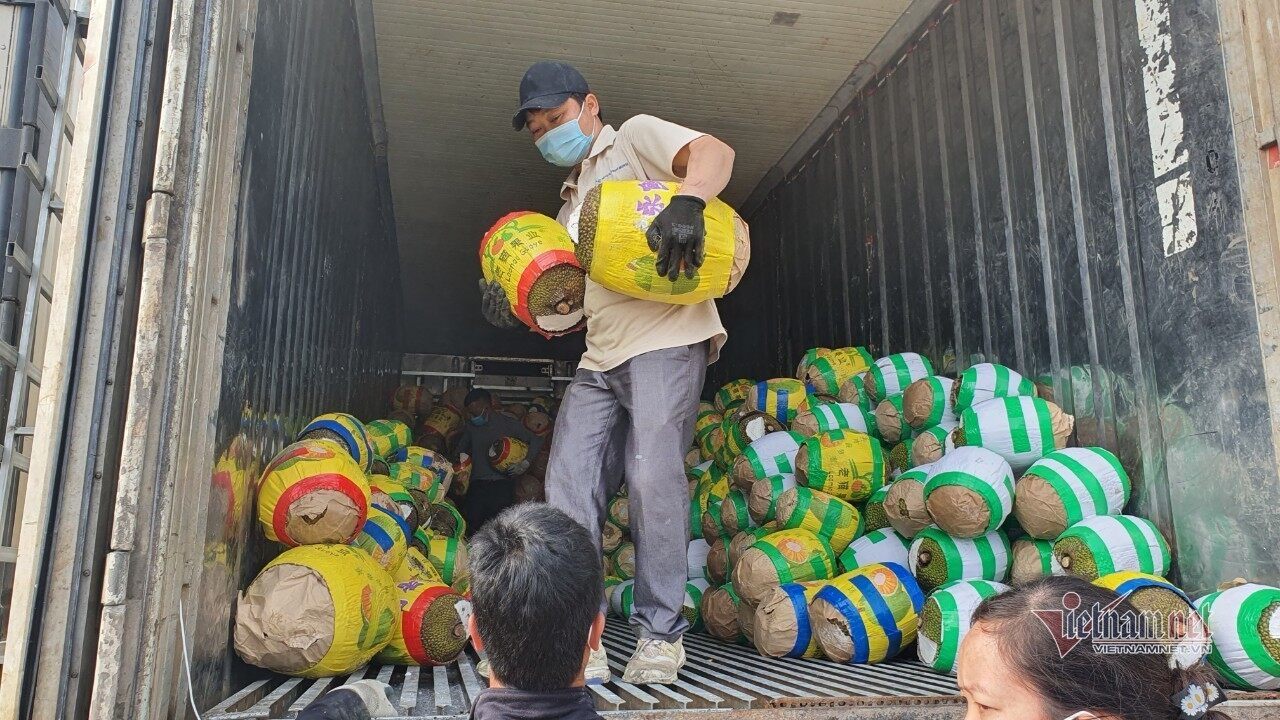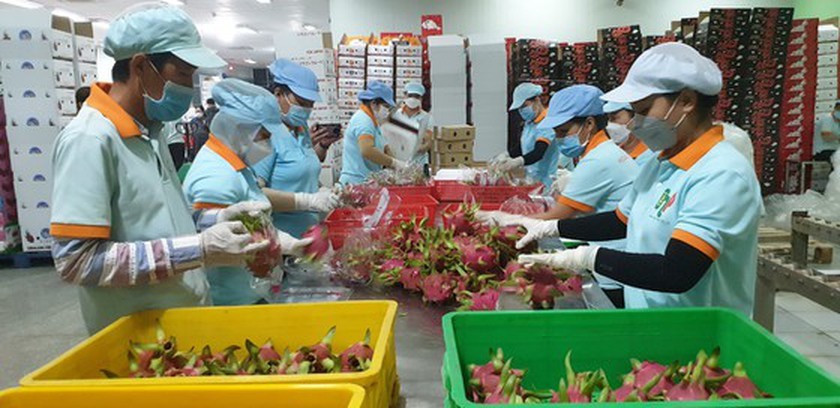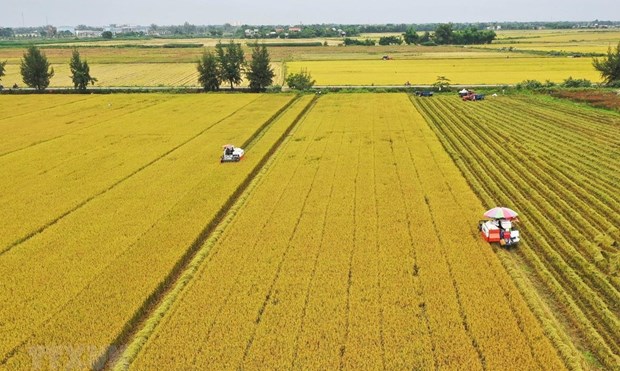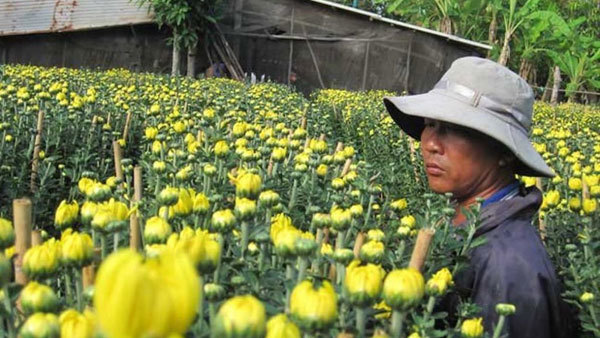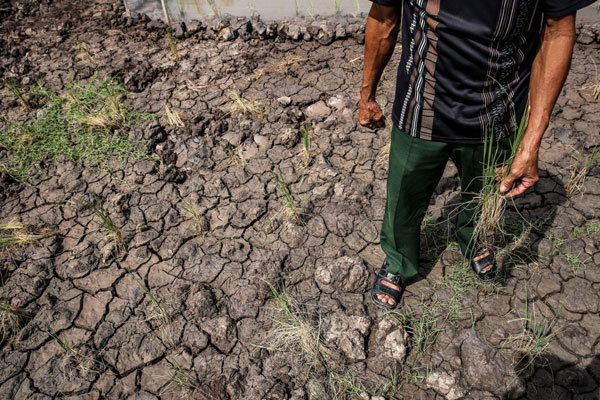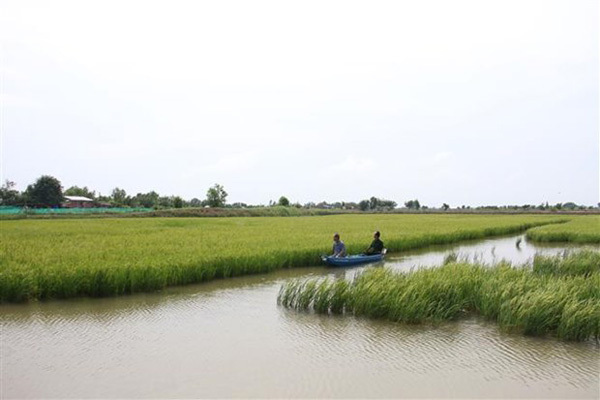- © Copyright of Vietnamnet Global.
- Tel: 024 3772 7988 Fax: (024) 37722734
- Email: [email protected]
mekong delta
Update news mekong delta
Preserving the Mekong Delta's floating markets
The Mekong Delta's famed floating markets, where speciality products are sold on boats, provide a unique environment thatnbsp;is popular amongnbsp;both local and foreign visitors.
Raising the ‘Mekong river monster’, farmer pockets billions of dong
Ho fish (Catlocarpio siamensis), called the ‘Mekong river monster’, are being raised by farmers in cages on rivers in Vietnam.
Eastern Mekong Delta enjoys tourism boom
Since early 2022, provinces within the tourism development cooperation cluster in the Eastern Mekong Delta have been welcoming increasing numbers of visitors as the nation shifts to safely adapts to the COVID-19 epidemic.
Transport infrastructure key to Mekong Delta’s economic growth
A vast major economic zone covering 40,400 sq.km., the Mekong Delta boasts abundant advantages in agricultural production and investment attraction across a variety of fields.
Snake farm in Mekong Delta sells venom to make serum
A farm in the Mekong Delta that raises a high number of poisonous snakes, from Ophiophagus Hannah to Plagiopholis and Bungarus fasciatus, sells snake venom to make serum which can save people.
Mekong plan outlines path to security
The Mekong Delta is stagnating on the back of poor frameworks and infrastructural gaps – flaws that are hoped to be remedied with a new 2021-2030 masterplan, driving regional socioeconomic growth.
Farmer in Mekong Delta bottle-feeds fish
A man in Mekong Delta owns thousands of fish that can be bottle-fed and eat feed ashore.
‘Smiles return’ at floating markets after social-distancing period
Photographer Gian Thanh Son took a special trip to the Mekong Delta in mid-February after the lunar New Year 2022.
Southern city acquaints visitors with traditional art forms
A programme to entertain tourists with several genres of traditional music like tai tu, vong co and cai luong has been launched in Can Tho City.
Ministry urges 'green' waterway passage for rice from Mekong Delta
Most rice production and processing plants are located on riversides, and as a result, about 95 percent of rice produced in the Delta is carried by water.
Measures for helping Mekong Delta farmers break the stranglehold of rice paddy
According to Prof. Vo Tong Xuan, honorary rector of Nam Can Tho University, to spur the Mekong Delta's development, the Government should implement the regional planning in a concrete way in line with natural conditions.
Tan Lap floating village – attractive destination in Long An
Tan Lap floating village, located in Long An province, was formerly a land flooded all year round. People built houses on high mounds to cope with the flooding.
Rice-shrimp production has good harvest, high prices
Farmers in the Ca Mau peninsula are delighted as they enjoy a bumper rice crop on shrimp farming land.
Gold, US dollar smuggling produces a stir in Mekong Delta
A series of big gold and US dollar smuggling cases with a high number of involved subjects are under investigation.
Unofficial-quota trade alone is not solution to fruit, vegetable sales
As the total annual output of vegetables and fruits is 28 million tons, unofficial-quota exports and domestic consumption alone won’t use up this amount.
HCMC, Mekong Delta develop formal distribution system of farm produce
Vice Chairwoman of HCMC People’s Committee Phan Thi Thang promised to bring goods from the Mekong Delta into wholesale markets and distribution systems in HCMC to support farmers and cooperatives for connection of supply and demand.
Mekong Delta faces challenge to reducing greenhouse gas emissions in rice farming
Rice production is one of the largest sources of greenhouse gas emissions in agriculture, and how to reduce the emissions while still ensuring food security and raising farmers’ income
Mekong Delta’s flower production for Tet falls by half due to Covid
Flower farmers in the Mekong Delta have cut their production for the upcoming Lunar New Year holiday (Tet) by half, or even 70% in some areas, compared with last year due to concerns over the Covid-19 pandemic.
Mekong fishermen struggle to survive
As dawn breaks on the serene lake of Binh Thirn in An Giang Province, fisherman Dang Huu Duc instructs his 17-year-old son to cast a net into the clear water of the largest freshwater lake in Vietnam’s Mekong Delta.
Mekong Delta expands environmentally-friendly shrimp-rice farms
The Cuu Long (Mekong) Delta is expanding its shrimp – rice farming areas as the cultivation model is efficient and sustainable, adapts to climate change, and is environmentally friendly.
